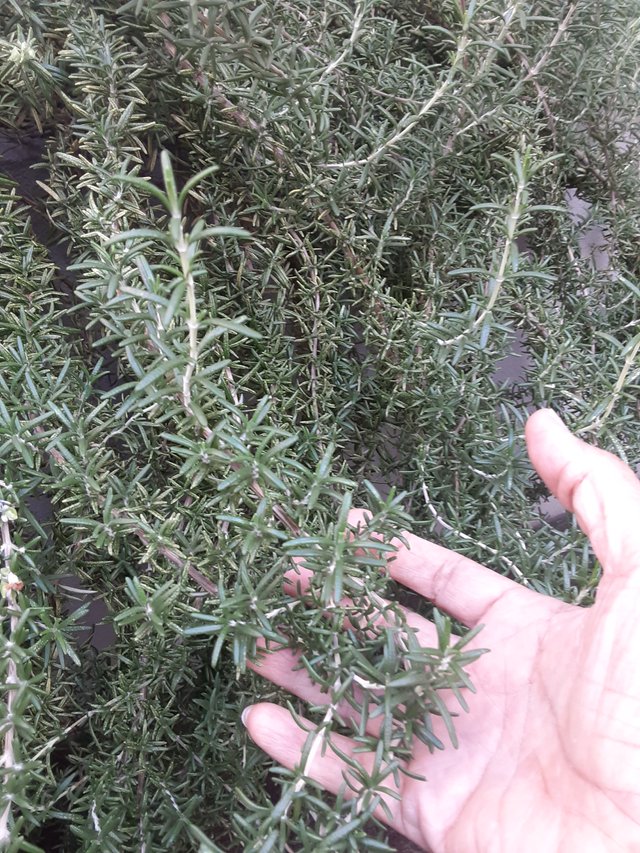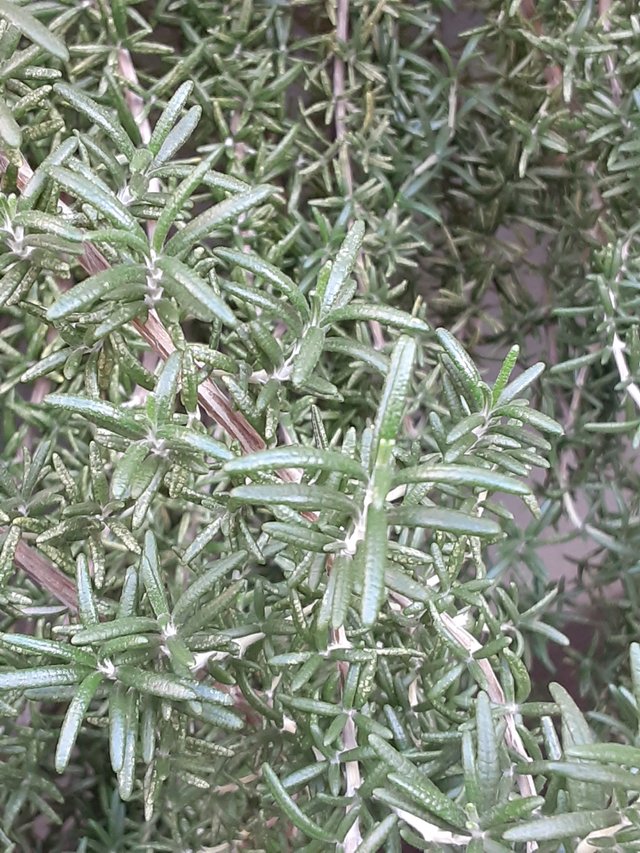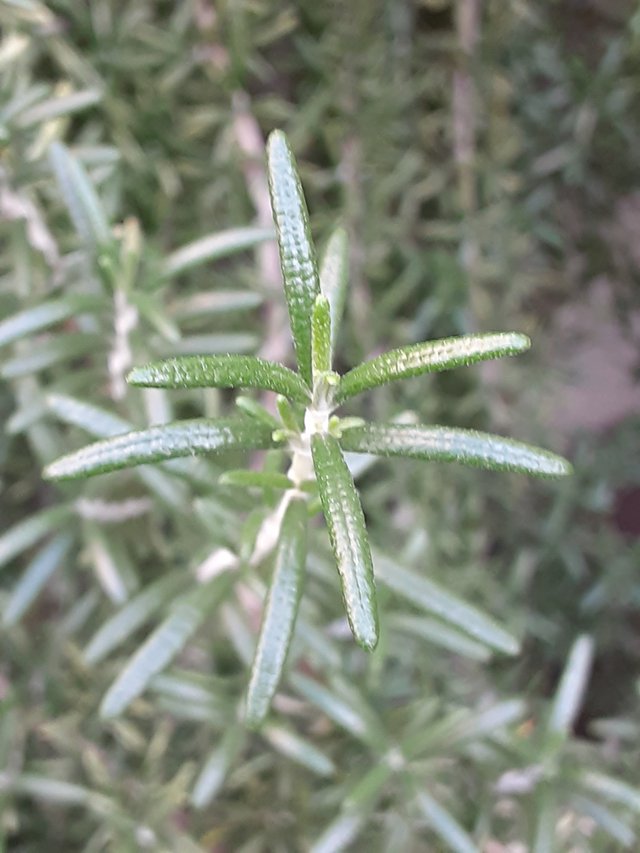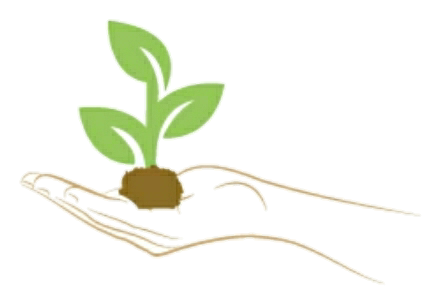Salvia rosmarinus, or rosemary, a fragrant, evergreen shrub with needle-like leaves used in cooking, medicine, and as an ornamental plant

Salvia rosmarinus, commonly known as rosemary, is a fragrant, evergreen shrub native to the Mediterranean region. It is prized for its culinary uses, ornamental value, and potential health benefits.
Rosemary plants typically grow 1.2 to 1.8 meters tall and have a rounded, upright growth habit. The leaves are needle-like, dark green on the upper surface, and white-tomentose (covered in fine hairs) on the underside. These leaves are the most recognizable part of the plant and are responsible for its distinctive aroma. When crushed or rubbed, the leaves release a strong, pungent scent that is often described as herbaceous, slightly camphoraceous, and reminiscent of pine needles.

Rosemary leaves are rich in various compounds, including rosmarinic acid, carnosic acid, and several volatile oils. These compounds contribute to rosemary's diverse properties. In cooking, rosemary leaves are used to flavor a wide range of dishes, especially meats, poultry, and vegetables. They are often added to stews, soups, sauces, and marinades. Rosemary also complements roasted vegetables and can be used to infuse oils and vinegars.
Beyond its culinary uses, rosemary has been traditionally used for its potential medicinal properties. Some studies suggest that rosemary extract may have antioxidant, anti-inflammatory, and neuroprotective effects. However, more research is needed to fully understand its therapeutic potential. Rosemary essential oil, derived from the leaves, is often used in aromatherapy and is believed to have calming and stimulating properties.

In addition to its culinary and potential medicinal uses, rosemary is a popular ornamental plant. Its fragrant foliage and attractive blue or purple flowers make it a beautiful addition to gardens and landscapes. Rosemary is relatively low-maintenance and can be grown in various conditions, making it a versatile choice for gardeners.
Overall, Salvia rosmarinus and its leaves offer a delightful combination of culinary, ornamental, and potential health benefits. Its distinctive aroma, versatile flavor, and attractive appearance make it a valuable plant in many cultures.
Ref.:
 |  |
Upvoted! Thank you for supporting witness @jswit.